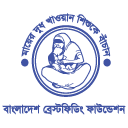- The Journey
History of BBF
The Bangladesh Breastfeeding Foundation (BBF) was established in response to the increasing recognition that breastfeeding is crucial for the survival and well-being of newborns and infants. During the 1970s, many modern mothers in Bangladesh began to perceive breastfeeding as an outdated practice, instead opting for powdered milk, a shift driven by commercial interests and some healthcare professionals. This trend contributed to a rise in infant mortality and malnutrition rates across the country.
To address this issue, global organizations like IBFAN, ILCA, WABA, ABM, IBCLC, and Wellstart International initiated efforts in the 1980s to promote breastfeeding, introducing the profession of lactation consultants to guide and support mothers. In Bangladesh, Professor M.Q.K. Talukder, along with a group of intellectuals, initiated the movement for the Campaign for Protection and Promotion of Breastfeeding (CPPBF) in 1989, with financial support from UNICEF.
This campaign focused on educating both mothers and healthcare professionals about the importance of breastfeeding and the risks associated with formula feeding. Over time, this initiative evolved into what is now known as the Bangladesh Breastfeeding Foundation (BBF), formally bringing together experts in maternal and child health, nutrition, law, and media to form a 15-member board of trustees. The BBF became the representative of the International Baby Food Action Network (IBFAN) in Bangladesh.
Years
0
+
Project
0
+
AWARDS
0
GRANTS
0
CONTRACT
0
- Founding member of BBF
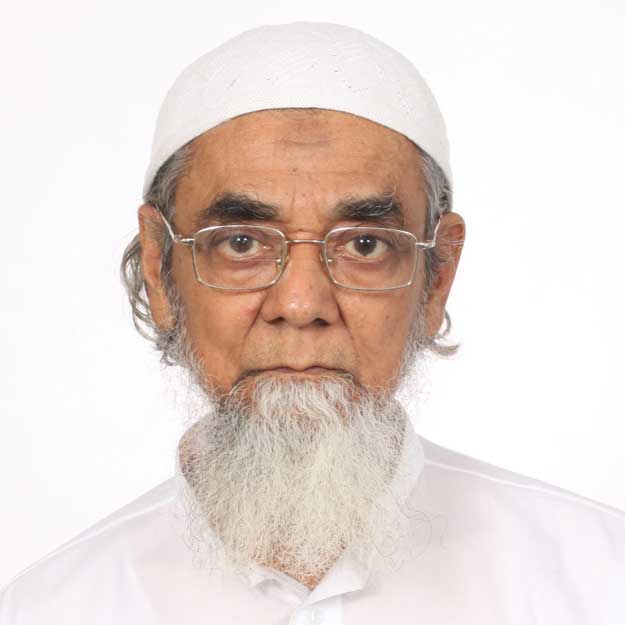
Prof. M Q K Talukder
Founder Chairperson
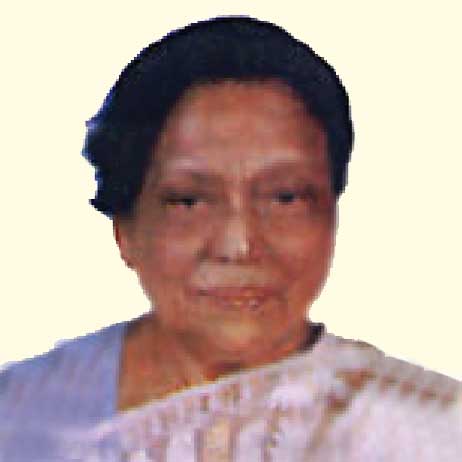
Prof. Syeda Firoza Begum
Founder Vice Chairperson
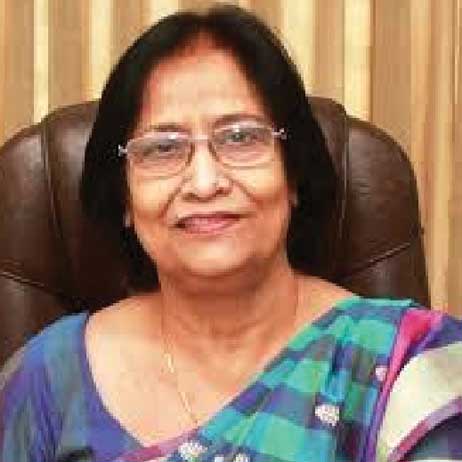
Prof. Shahla Khatun
Founder Vice Chairperson
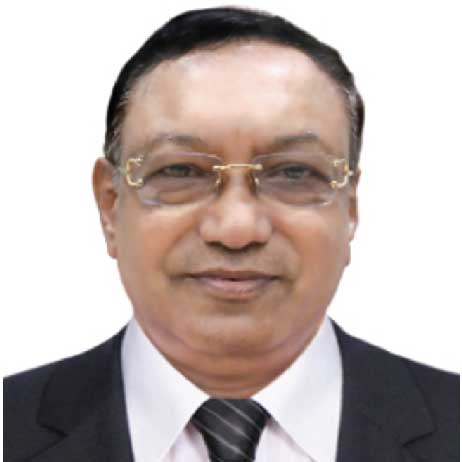
Dr. Swapan Kumar Roy
Founder Secretary

Dr. Masihur Rahman Khan
Trustee
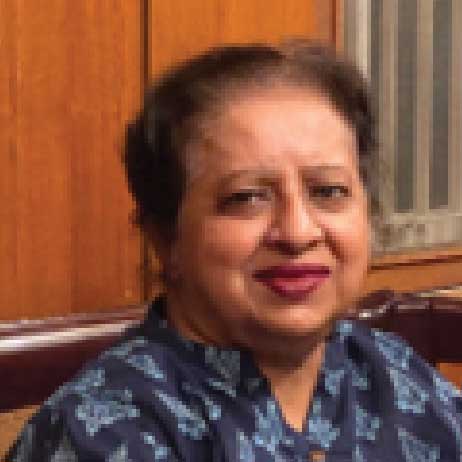
Prof. Syeda Firoza Begum
Trustee

Ms. Sandra M Kabir
Trustee

Dr. Sufia Begum
Trustee
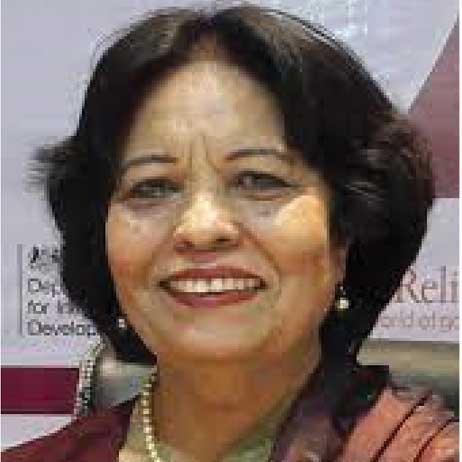
Dr. Halida Hanum Akter
Trustee
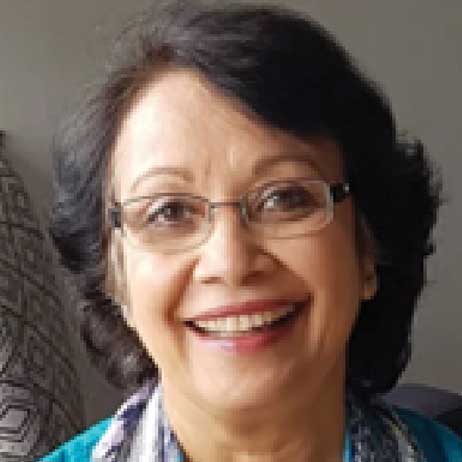
Dr. Ruksana Haider
Trustee
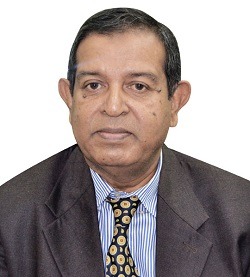
Late Mr. M. A. Mannan
Trustee

Dr. Nasiruddin
Trustee

Mr. Sarwar Zahan
Trustee
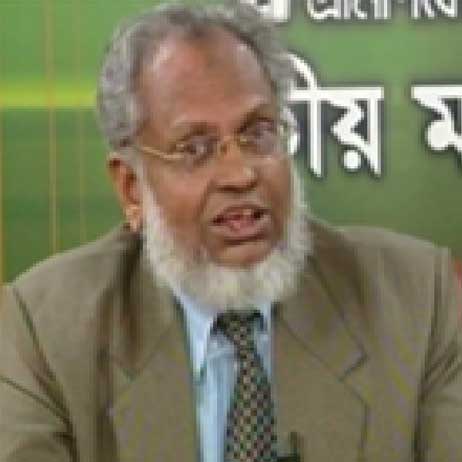
Dr. Ruksana Haider
Trustee
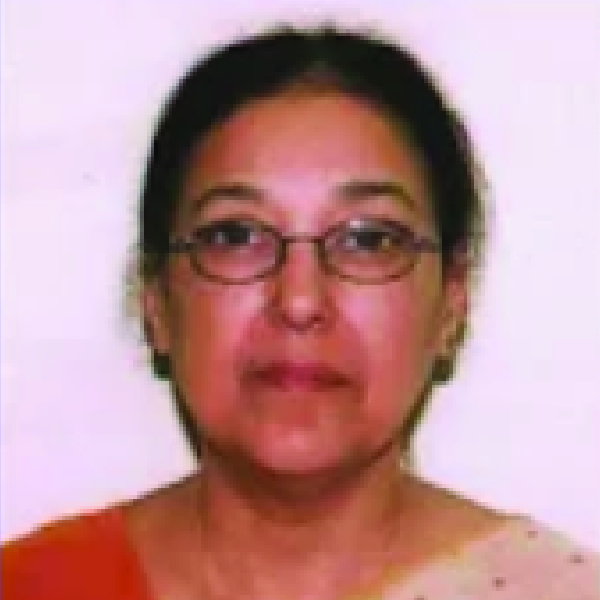
Dr. Nazmun Nahar
Trustee
- Long Run
A pivotal moment in the global breastfeeding movement came in 1990 with the Innocenti Declaration, where representatives from 158 countries, including Bangladesh, participated. Professor M Q K Talukder, as Chairperson of the BBF, represented Bangladesh as a government delegate and signatory of the declaration, further advancing the country’s commitment to promoting and protecting breastfeeding.
BBF played a critical role in the development of national laws and policies aimed at protecting breastfeeding. It contributed significantly to the creation of the 1984 ordinance regulating the marketing and distribution of commercial (BMS) infant foods and supported the establishment of Baby Friendly Hospitals throughout the country.
A significant milestone was achieved in 1992 when both the Prime Minister and President of Bangladesh signed the Dhaka Declaration, a landmark commitment to improving breastfeeding practices nationwide. This declaration outlined a comprehensive strategy for promoting, protecting, and supporting breastfeeding, aligning the country’s initiatives with global movements focused on maternal and child health. The Dhaka Declaration underscored the government’s commitment to reducing infant mortality and malnutrition by enhancing breastfeeding practices and removing barriers at all levels of society.
Following the Dhaka Declaration, efforts to promote breastfeeding gained significant momentum. The Campaign for Protection and Promotion of Breastfeeding (CPPBF) eventually evolved into the Bangladesh Breastfeeding Foundation (BBF). Since then, BBF has played a pivotal role in advocating for breastfeeding, conducting research, and providing essential support services to mothers and children across the country.
In 1992, the Bangladesh Breastfeeding Foundation (BBF) spearheaded the inaugural World Breastfeeding Week (WBW) in Bangladesh. This historic event was graced by several international breastfeeding pioneers, including Professor D.B. Jelliffe, Professor Raj Anand, Felicity King, Ann Lisevenson, Ibrahim Anwar, and Dr. Arun Gupta and others.
BBF has been instrumental in shaping national breastfeeding policies, training healthcare professionals, and ensuring that hospitals and communities provide breastfeeding-friendly environments. The organization implemented breastfeeding activities under programs like BINP (1992) and NNP (1997) with the Ministry of Health and Family Welfare (MOHFW). BBF was officially registered as a non-governmental organization (NGO) in 1995 under joint stock, and the NGO Bureau in 2006, further solidifying its role as a leading organization in the protection and promotion of breastfeeding in Bangladesh.
However, over time, financial constraints limited BBF’s capacity to operate nationwide, and formula milk companies’ activities increased, negatively impacting breastfeeding rates and maternal and child nutritional outcomes, as highlighted in BDHS 2022 reports.
- Break Throw
In 2009, under the leadership of Professor Dr. S K Roy, BBF organized the World Breastfeeding Week (WBW) in Bangladesh. During the event, the Prime Minister announced several landmark initiatives, including extending paid maternity leave to six months, establishing breastfeeding corners and daycare centers in offices, courts, stations, and markets, and strengthening a Bangladesh Breast Milk Substitute (BMS) law in alignment with the international BMS Code and World Health Assembly (WHA) resolutions. The Prime Minister also emphasized the need to strengthen the Baby-Friendly Hospital Initiative (BFHI) and to ensure that new hospitals providing mother and child services adhered to BFHI standards. Additionally, she called for expanding community support groups through training at community clinics, with BBF working alongside the Ministry of Health and Family Welfare (MOHFW) to protect and promote maternal and child nutrition. The Prime Minister also underscored the need to further strengthen BBF’s institutional capacity and encouraged the observance of World Breastfeeding Week as a national program (Government) to promote breastfeeding and nutrition.
The Bangladesh Breastfeeding Foundation (BBF) remains a leading force in breastfeeding advocacy in Bangladesh, working in close collaboration with government institutions, healthcare professionals, and communities. Through its extensive training programs, lactation counseling services, research initiatives, and awareness campaigns, BBF has greatly improved breastfeeding practices across the nation. The organization remains steadfast in its commitment to protecting maternal and child health, recognizing breastfeeding as a cornerstone of a healthier future. BBF upholds the principles of the Dhaka Declaration and ensures that breastfeeding continues to be a national priority in Bangladesh.
- Success

